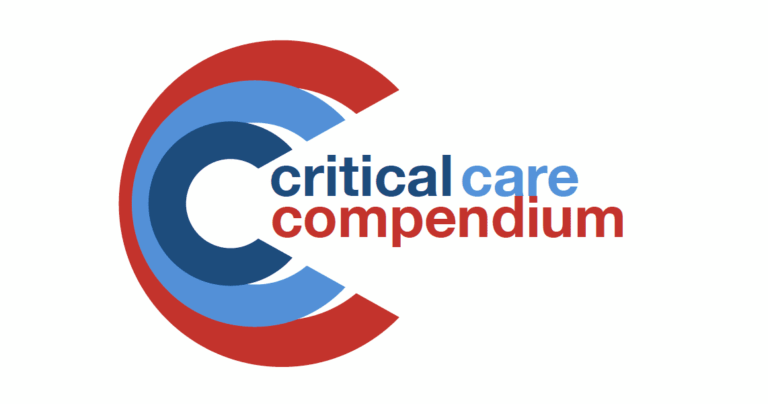
Prokinetics
Prokinetics are agents that increase gastrointestinal motility. Gastroparesis common -> increased gastric residual volumes -> GORD, aspiration risk and inability to meet nutrition targets. Theoretically, an increase in gastric motility helps in establishing target enteral feeds early in critically ill patients, which improves outcome


